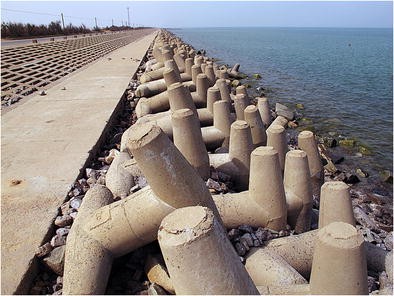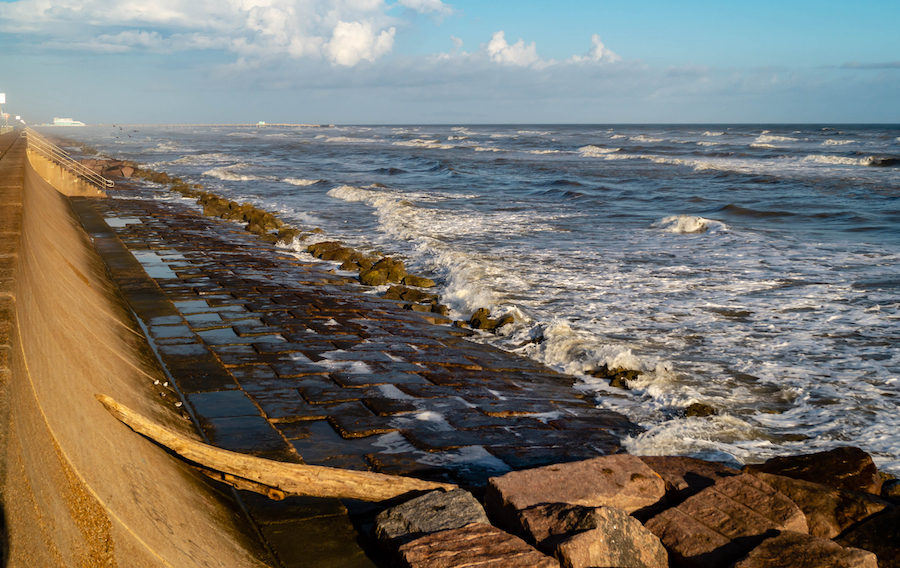An Unbiased View of Shore Protect Team
Table of Contents7 Easy Facts About Shore Protect Team DescribedGetting The Shore Protect Team To WorkNot known Factual Statements About Shore Protect Team Fascination About Shore Protect TeamAll about Shore Protect TeamShore Protect Team Can Be Fun For AnyoneThe Basic Principles Of Shore Protect Team
Decline in residential property value: As the area tourism is impacted by disintegration, so after that is the economic climate. Customers are much less likely to look for a coastline home that could be destroyed anytime by the upcoming flooding and erosion emergency situation. Subsequently, home worth can go down immensely and influence the entire area.Whether a beach is just little and congested or needs to close entirely for the security of the ecosystem and close-by residential properties, this greatly impacts tourism. Subsequently, neighborhood economies are affected (https://smartseolink.org/details.php?id=416591). Risk of injury: The boosted danger of flooding and structural failings causes a boosted danger of injury to neighboring visitors and neighborhood participants

Coastline stablizing is straight related to their job. Waterside hotels: Because shoreline erosion impacts tourism, it influences the success of waterside resorts.
The Ultimate Guide To Shore Protect Team
This ultimately brings about closures and deserted beachfront homes. Coastal business companies: No tourists suggests no service. For those businesses accommodating locals, their building goes to threat of damage from disintegration and flooding. Coastal state parks: State parks that exist along shorelines go to danger of damages. Not just to the manmade structures and residential properties on site, yet also to the natural ecological communities that exist within.
Soft stablizing is a far better remedy for the environment and even more lasting overall. Hard stabilization utilizes synthetic frameworks as protection to manage disintegration. Typically, these structures are mounted at best angles or alongside stop sand motion and reduce the pressure of waves. Most types of tough stabilization like seawalls and sheet steel are not suitable for coastline stabilization.
The 6-Second Trick For Shore Protect Team
There's also not adequate proof of their effectiveness depending upon the sort of coastline and neighborhood problems. Hard stablizing strategies have a tendency to be a lot more tough to set up and do not match the all-natural visual, standing out like a sore thumb and damaging neighborhood communities in several circumstances. Beach sustenance is the process of adding shed sand and sediment back to coastlines after disintegration has taken place.
TrapBags aid in the procedure of beach sustenance by protecting all-natural ecological communities and allowing plants to grow. While this process can be expensive and is not permanent, the pros often tend to surpass the disadvantages. TrapBag obstacles deal numerous residential properties that make them ideal for seaside and shore erosion protection. They're: Eco-friendly: You can use native soil both to border and to fill up the TrapBags.

The smart Trick of Shore Protect Team That Nobody is Discussing
They can likewise be mounted without any kind of heavy machinery. Budget-friendly: TrapBags are suitable for both tiny and big areas of coastline.
Incorporated with a high building and construction price, this has brought about enhancing use of various other soft engineering seaside management options such as coastline replenishment. Seawalls are built from numerous materials, most typically enhanced concrete, rocks, steel, or gabions. Various other feasible building and construction materials consist of vinyl, timber, aluminum, fiberglass composite, and biodegradable sandbags made of hemp and coir. The appropriate seawall style depends on location-specific elements, consisting of surrounding disintegration procedures. There are three main types of seawalls: vertical, curved, stepped, and piles (see table listed below).
All-natural barriers, such as coral reefs and mangrove forests, stop the spread of tsunamis and the flow of coastal waters and mitigated the flood and surge of water. A cost-benefit approach is an effective means to figure out whether a seawall is appropriate and whether the advantages are worth the cost.
The Ultimate Guide To Shore Protect Team
A seawall is a static function which can conflict with the dynamic nature of the coast and impede the exchange of debris between land and sea. Advantages and disadvantages of seawalls according to Short (1999) Advantages Negative aspects Long term service in contrast to soft beach nutrients (https://ideone.com/LH7pvl).

This can trigger beaches to dissipate, providing them ineffective for beach goers. Usually, seawalls can be an effective means to regulate coastal erosion, yet only if they are constructed well and out of materials that can stand up to the pressure of ongoing wave power.
The Definitive Guide for Shore Protect Team
Integrated with a high building price, this has caused enhancing use of various other soft design seaside management alternatives such as beach replenishment. Seawalls are constructed from numerous materials, most commonly enhanced concrete, stones, steel, or gabions. Various other feasible construction products consist of plastic, wood, aluminum, fiberglass composite, and naturally degradable sandbags made of hemp and coir. The proper seawall style relies on location-specific elements, consisting of bordering disintegration procedures. There are three major types of seawalls: vertical, bent, stepped, and piles (see table below).
All-natural obstacles, such as reef and mangrove woodlands, stop the spread of tidal waves and the circulation of coastal waters and alleviated the flood and rise of water. A cost-benefit method is an efficient method to identify whether a seawall is ideal and whether the benefits deserve the expense.
About Shore Protect Team
A seawall is a static function which can clash with the dynamic nature of the coastline and impede the exchange of debris in between land and sea. Advantages and disadvantages of seawalls according to Short (1999) Benefits Downsides Lengthy term solution in comparison to soft coastline nutrition.

This can trigger coastlines to dissipate, making them ineffective for beach goers. Typically, seawalls can be a successful means to regulate seaside erosion, yet just if they are constructed well and out of materials that can stand up to the force of continuous wave power. Some understanding is required of the coastal procedures and morphodynamics specific to the seawall location.